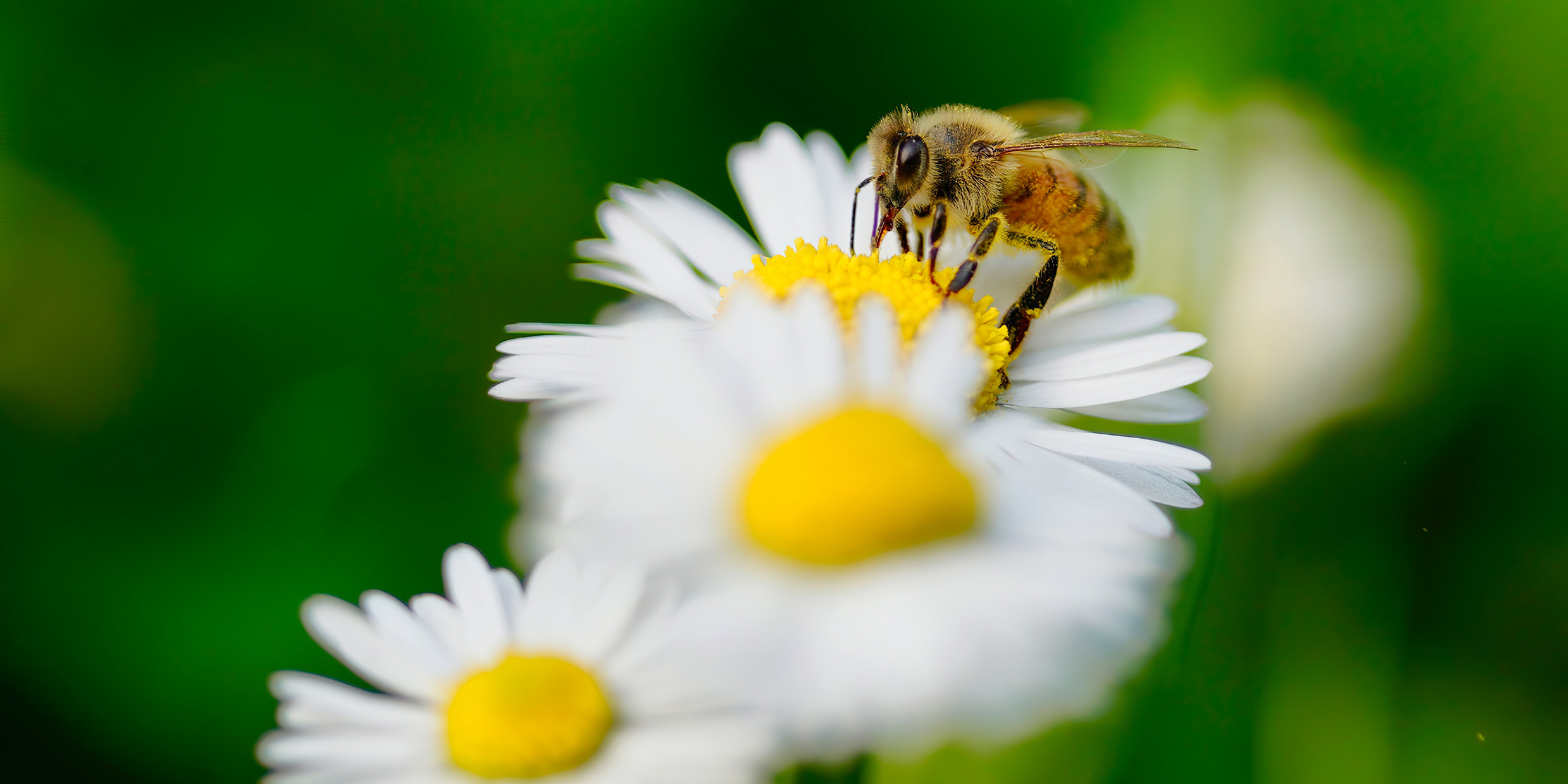Originally published 23 May 2000
Gilbert White’s The Natural History of Selborne was published in the year of the French Revolution and not long after Britain lost her 13 colonies in America. You’ll find none of these earthshaking events in the book. What you will find are the geology, weather, flora, fauna, and domestic economies of a tiny village in the southeast of England.
White was a passionate and meticulous observer. Not much happened in Selborne that escaped his eye. And the reason the book remains in print today, two centuries later, is the way he saw it all hanging together.
He might reasonably be called the first ecologist. He recognized, for example, that lowly earthworms were essential to the fertility of the soil. He observed cattle standing in ponds on warm afternoons and understood that the insects in cow dung supplied food for fish. Nature is the “great economist,” he said, who shares its resources.
Gilbert White taught us how to see ourselves as part of a web of shared resources.
Not many of the human inhabitants of Selborne merit special notice in White’s book. But one character gets a chapter all to himself. The bee boy.
White calls him the village idiot. We would not use so pejorative a term today. We have learned that the mentally disadvantaged can have their own kinds of wisdom and perceptual acuity.
The bee boy was lean and sallow — of a “cadaverous” complexion, White wrote. He had but one interest — honey bees, bumble bees, and wasps. They were “his food, his amusement, his sole object.”
He sought out bees wherever he could find them, and never gave a thought to their stings. He grasped them barehanded, plucked out their stingers, and sucked their bodies for their honey. Sometimes he would stuff swarms of bees beneath his shirt, against his bare skin, and thus remove them to his home.
To the annoyance of local beekeepers, the bee boy would slip into their gardens, rap with his fingers on the hives, and grasp the bees as they came out. Sometimes he tipped over hives to get the honey, of which he was passionately fond. Wherever men made mead from honey, he hung about, begging for a drink of what he called “bee wine.”
As he ran about the village, he made a humming noise with his lips, resembling the buzzing of bees.
In the winter, when bees kept to their hives, the bee boy dozed away his time by the fireside of his father’s house, in a torpid state, waiting until the spring and summer when once again he hummed about the fields and gardens in search of his prey.
A psychologist might try to explain the bee boy’s curious fixation. But who will fault the boy his passion, equaled in all that village perhaps only by the passion of Gilbert White himself. The boy dumped his fierce attention upon a single object; White disbursed his attention widely, anointing every stone, bird, insect, and blossom with his study.
Most of us live out our lives somewhere between the bee boy’s obsessive single-mindedness and White’s encyclopedic interest. When White cuts open snakes and birds and hedgehog dung to see what is inside, we flinch and wonder if curiosity really requires such attention to detail. But we pity the bee boy, too, for his universe of lost appreciations — butterflies unseen and nightingales unheard.
The bee boy carried to a pathological extreme a natural tendency to lose oneself in the particulars of nature. In a short poem called Beginning My Studies, Walt Whitman speaks of the temptation to never go beyond the first object of his study, whatever it is — “the least insect or animal” — and submerge himself in its intricacies, to “stop and loiter all the time to sing it in ecstatic songs.” Science, too, is full of researchers who spend entire careers sequestered in a lab with bottles of fruit flies, say, or a single species of bacteria. And, if truth be told, there is much that can be learned about the world by relentlessly narrowing one’s field of view.
In Song of Myself, Whitman proclaims that “the nearest gnat is an explanation.” He knows that there is a sense in which the least thing contains the all. If the plan of the world is simple and universal, it will show itself as well in a single bee as in a landscape full of plants and animals.
Which is why the mad bee boy kneeling at the hive is as close to divinity as the sane naturalist who takes the whole village as his ken. Science, especially, needs both its Darwins and its Mendels — the generalists who range across continents and oceans of experience, and the specialists who are content to spend their lives in a patch of peas. The universe reveals its secrets at every level of complexity.



